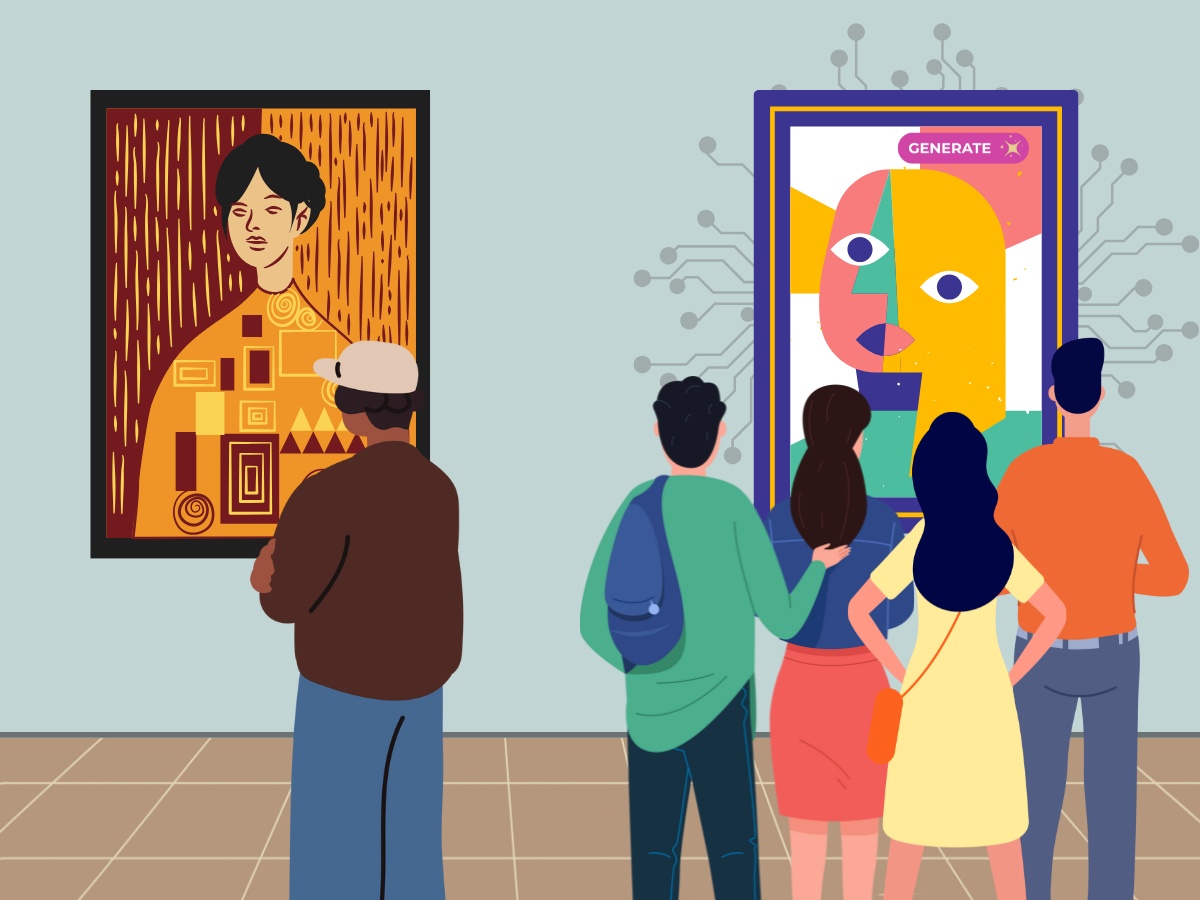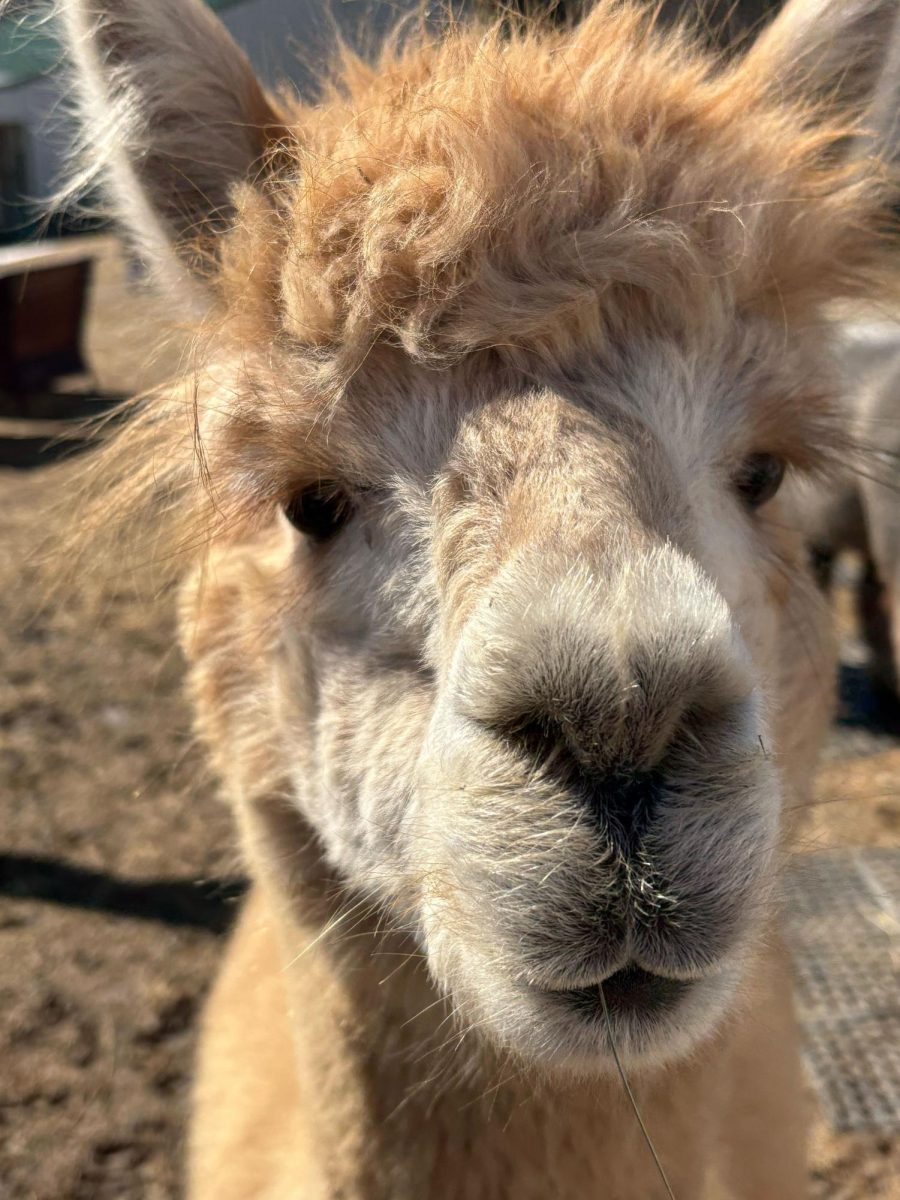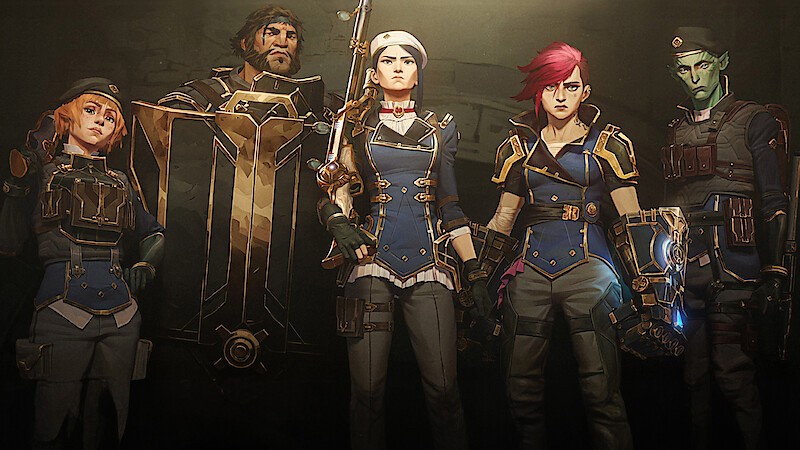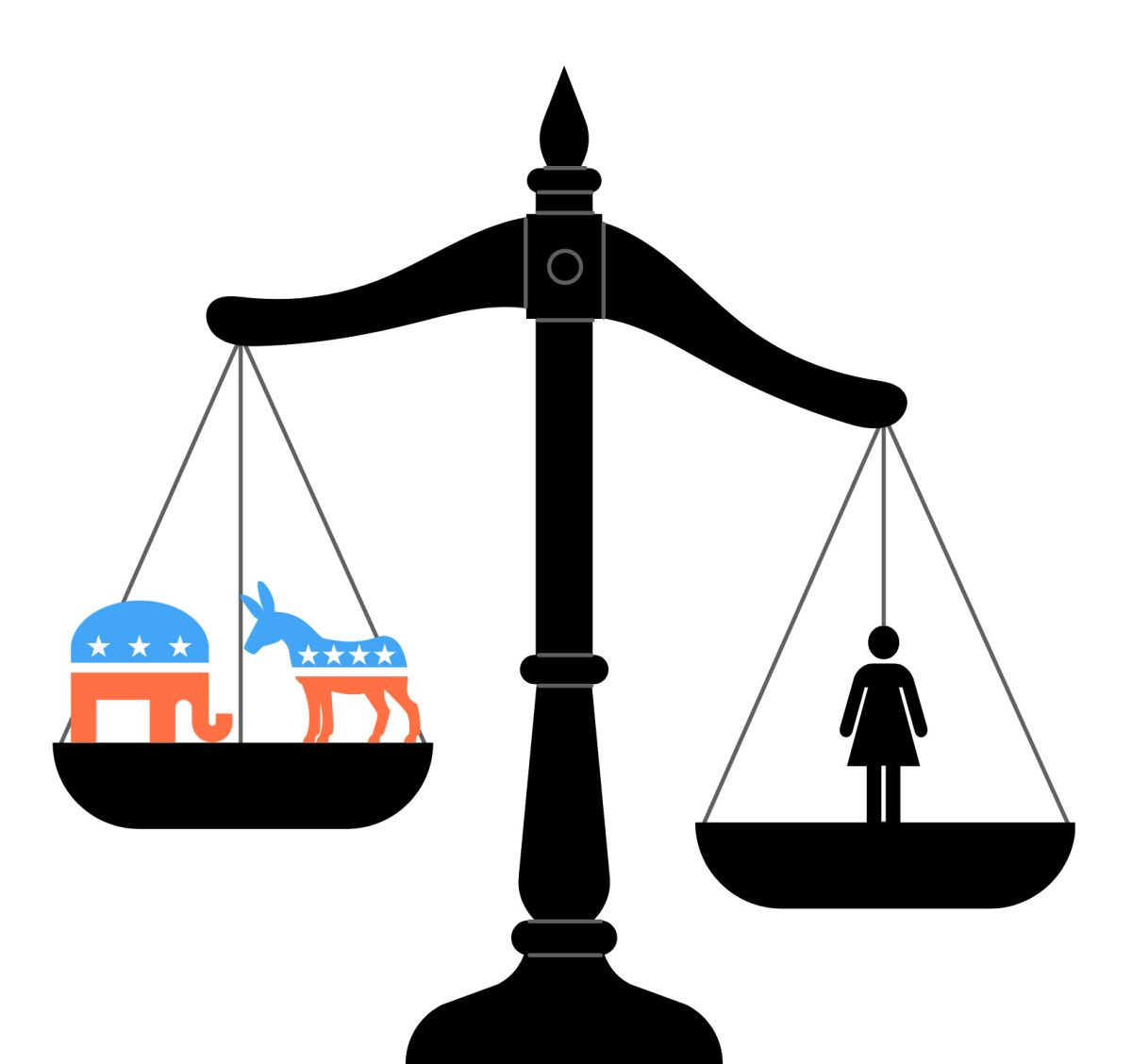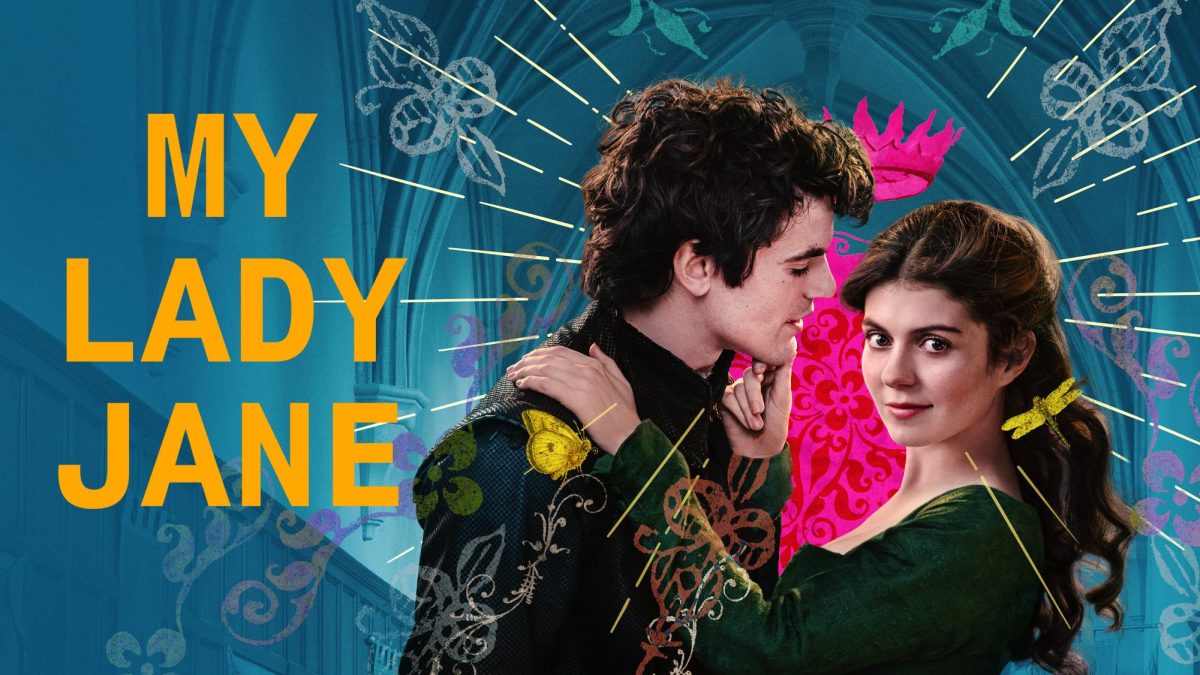To say that 2020 has been a difficult year would be an understatement, and many traditional forms of entertainment took a hit as a result. People have had to adapt, turning to alternative forms of entertainment.
This was the case with Drake University student Faith Hinz, who tried the popular video sharing app TikTok for the first time.
“I broke down and finally downloaded TikTok over quarantine and I was addicted,” Hinz said.
To Hinz, entertainment platforms like TikTok are a way of staying connected during a time of quarantine and social distancing.
“It was comforting to have something to take my mind off of all the stress and chaos of life in 2020,” Hinz said. “I think TikTok is a good distraction from the real world, and you find your own niche of people on there on your FYP. It’s a nice way to still feel connected to people when you can’t be physically connected due to COVID-19.”
It also inspired Hinz to take up new hobbies during quarantine.
“I taught myself how to roller skate because I saw it on Tik Tok,” Hinz said.
Drake student Emma Roesler had similar experiences with entertainment during coronavirus.
“I spent a lot of time on Netflix and TikTok,” Roesler said. “I also watched a decent amount of Disney+ with my little brothers to pass the time.”
Especially with younger siblings, Roesler said that entertainment platforms helped ward off boredom.
“I think all the entertainment helped me because they kept me busy so that I didn’t get as stir crazy,” Roesler said. “I think they also helped create a sense of normalcy for my little brothers and I imagine they made people who weren’t with their families feel less alone.”
Feeling more connected to other people was one of the main benefits, according to Roesler.
“I think that apps like TikTok create a platform for people to connect with each other,” Roesler said. “TikTok is different from apps like Instagram because you can see a person talking to you and the connection seems a little more genuine. Also, it’s entertaining and has a lot of new content, unlike Netflix and Hulu which haven’t had as many new things to watch.”
It also helped her feel more in touch with the outside world, even during quarantine.
“I initially turned to social media during quarantine because I was bored, but I turned to it more for solidarity since the start of the BLM protests,” Roesler said. “I really wanted to participate, but I couldn’t because one of my little brothers is high-risk. Social media helped me feel more involved and informed.”
Roesler found entertainment outside of social media as well.
“I already baked a lot before quarantine. I tried to find a new hobby during quarantine thought because I felt bad wasting food since I didn’t have a lot of people to share it with,” Roesler said. “Instead, I helped homeschool my little brothers and did a lot of science experiments with them. I also painted a wall mural in my parents’ house and started painting furniture. I painted a file cabinet with four different animal prints and painted my brother’s desk with space and science stuff.”
For Drake student Kayode Awonaike, entertainment outlets also served a purpose as a form of self-expression.
“Downloads of different social media has increased due to the amount of time we are spending at home,” Awonaike said. “It creates an outlet to express yourself in a not-so-fun pandemic.”
Awonaike started his own YouTube channel as a result.
“I’ve been on YouTube a lot and on an anime website. I learned that I love videography and digital art and now have a YouTube channel,” Awonaike said. “Entertainment has helped solidify my career goals and keeps me grounded.”
And of course, one cannot talk about the entertainment associated with quarantine without mentioning the hit Netflix series Tiger King.
“Of course I watched [Tiger King],” Roesler said. “I thought it was really good trash TV and a great source of entertainment. Carol Baskin obviously killed her husband.”







